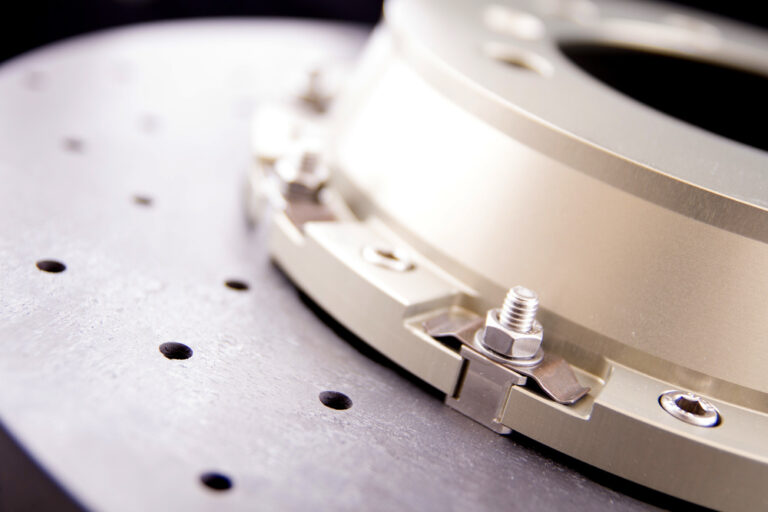Over the past fortnight world leaders met in Glasgow for the 26th UN Climate Change Conference, a.k.a COP26. Wednesday 10 November was dubbed ‘Transport Day’ and led to a number of major policy announcements and commitments on reducing vehicle emissions.
32 countries have signed a declaration agreeing to work towards all sales of new cars and vans being zero emission by 2040 globally, or by no later than 2035 in leading markets. This was also signed by 39 cities and regions, six major vehicle manufacturers (GM, Ford, Mercedes, BYD, Volvo, and JLR), and 13 major investment groups. Around 30 private-sector companies (such as BT, Centrica, Sainsbury’s, Tesco, Uber) have pledged to make their car and van fleets 100% zero emission by 2030, or earlier where markets allow.
Whilst these commitments notably did not include the US and China and major OEMs such as VW, Toyota, Renault-Nissan, and Hyundai-Kia, we still think the COP26 declaration will have a meaningful impact on accelerating the transition to EVs and AFVs. That said, barriers to EV adoption remain – high initial cost, range anxiety, and lack of charging infrastructure. Zeus Capital thinks investment from OEMs and battery producers will lead to lower costs of EVs as further economies of scale are achieved and new battery technologies are developed. These technologies will likely improve EV range too, which in some models is already over 250 miles on one charge according to OEM websites (e.g. Tesla Model 3: 305 miles, VW ID3: 264 miles). Charging infrastructure is perhaps harder to overcome – in the UK there is only 27k of the 150k public charging points that are estimated to be needed by 2025. However, investment from the UK government, OEM partnerships (e.g. with supermarkets), workplace charging, and private sector companies (Connected Kerb, Ubitricity, bp pulse etc.) are all expanding the UK’s network of public charging points. We track this growth on page 2, using data from Zap-Map.
Also announced on Transport Day was the UK’s decision to phase out non-zero emission HGVs by 2035 for vehicles under 26 tonnes and by 2040 for heavier vehicles. The UK is the first country in the world to do this. These commitments and the declaration above specify zero-emissions, rather than electric-only. This opens the possibility for different technologies such as hydrogen or zero-emission synthetic fuels to emerge, which may be more practical than heavy electric batteries for already heavy goods vehicles. However, at present, we think that battery electric vehicles are the most advanced zero tailpipe emission technology on the market. We discuss this in a separate note on industrial transportation.
In the rest of this second edition we focus on adjacent technologies to EVs, before presenting our recurring data points and latest EV news headlines.
You can listen to Analysts Mike Allen and Robin Byde discuss the report in this interview:







































